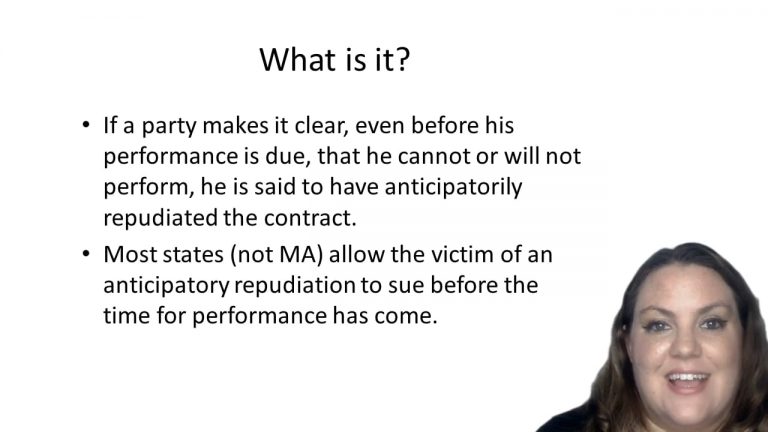SmartBrief
Confirm favorite deletion?
Contracts Keyed to Kuney
AMF, Inc. v. McDonald’s Corp.
Citation:
536 F.2d 1167 (1976).Facts
AMF produced a prototype computerized cash register, the 72C. The register had a central computer system to which the counter registers were attached. The computer also provided data for accounting reports and bookkeeping. In April 1968, McDonald’s ordered a unit that accommodated six registers for its restaurant in Elk Grove, Illinois (its busiest restaurant). In August 1968, McDonald’s ordered sixteen more registers for its wholly-owned subsidiaries and seven additional orders for its licensees. However, operation of the prototype at Elk Grove proved problematic and the register performed poorly. At a meeting in March 1969, McDonald’s asked that production of the 23 new registers be delayed due to the problems. At a meeting in May 1969, the parties were unable to reach an agreement about performance and reliability standards. Additionally, it was apparent that the personnel at the Ohio plant were too inexperienced to timely build the registers. In July 1969, the parties reached a mutual understanding that the contracts were cancelled.
Only StudyBuddy Pro offers the complete Case Brief Anatomy*
Access the most important case brief elements for optimal case understanding.
*Case Brief Anatomy includes: Brief Prologue, Complete Case Brief, Brief Epilogue
- The Brief Prologue provides necessary case brief introductory information and includes:
Topic:
Identifies the topic of law and where this case fits within your course outline.Parties:
Identifies the cast of characters involved in the case.Procedural Posture & History:
Shares the case history with how lower courts have ruled on the matter.Case Key Terms, Acts, Doctrines, etc.:
A case specific Legal Term Dictionary.Case Doctrines, Acts, Statutes, Amendments and Treatises:
Identifies and Defines Legal Authority used in this case.
- The Case Brief is the complete case summarized and authored in the traditional Law School I.R.A.C. format. The Pro case brief includes:
Brief Facts:
A Synopsis of the Facts of the case.Rule of Law:
Identifies the Legal Principle the Court used in deciding the case.Facts:
What are the factual circumstances that gave rise to the civil or criminal case? What is the relationship of the Parties that are involved in the case.Issue(s):
Lists the Questions of Law that are raised by the Facts of the case.Holding:
Shares the Court's answer to the legal questions raised in the issue.Concurring / Dissenting Opinions:
Includes valuable concurring or dissenting opinions and their key points.Reasoning and Analysis:
Identifies the chain of argument(s) which led the judges to rule as they did.
- The Brief Prologue closes the case brief with important forward-looking discussion and includes:
Policy:
Identifies the Policy if any that has been established by the case.Court Direction:
Shares where the Court went from here for this case.

 4m 14s
4m 14s